Are Headphones Stealing Your Hearing?
For many of us, headphones and earbuds are a constant companion. Whether you’re watching videos, listening to music, or getting in some FaceTime with friends, your headphones connect you to the world and help you enjoy life. That makes these devices a critical and joyful part of modern living. Over time, however, headphones and earbuds can cause unintentional damage to your hearing, leading to hearing loss.
Most people intuitively understand that loud sounds can eventually lead to hearing loss. What many would be surprised to learn, however, is that this damage is cumulative and it begins to occur at much lower volumes than you might expect. Noises as mundane as a lawn mower engine or downtown city traffic can harm your hearing over the long run.
When you understand the role your headphones can play in causing permanent hearing loss, you can take steps to protect your hearing–so you can enjoy your tunes, your media, and your connections for years to come.
How Headphones Can Damage Your Hearing
Over time, loud noises can damage the cells and tissues that help your ears sense vibration and transmit sounds to your brain. This is called sensorineural hearing loss. Unfortunately, this type of hearing loss is permanent. Once those cells are damaged, they will not typically repair or heal themselves.
While headphones and earbuds are a powerful and convenient way to stay connected and entertained, they are also often relatively loud. Because they are positioned so close to your ears, voices, music, and alerts tend to be louder than you would expect. This increased volume isn’t always apparent to the person wearing the headphones. As a result, many people will spend a significant amount of time exposed to damaging levels of sound.
The hearing loss that results from excessive noise usually presents slowly and over time. You may not even realize you’re experiencing hearing loss at first! Audiology services can help you detect (and, if necessary treat) hearing loss as early as possible.
How to Protect Your Hearing
People enjoy loud music. It’s part of the experience! Taking steps to protect your hearing means you can pick and choose when to knowingly have that experience. On a day-to-day basis, try taking the following steps to help lower your risk of developing permanent hearing loss:
- Take breaks: Take breaks often. Give yourself ten or fifteen minutes away from your headphones for every hour you spend watching media or listening to music.
- Turn on volume warnings: Most smart devices allow you to enable volume-related warnings. In fact, these may already be activated on your smartphone. It’s that little pop up that reminds you that you’ve been listening at a high volume for a damaging amount of time. It’s important not to ignore these warnings, as they can help you monitor and moderate your headphone volume.
- Download a decibel monitoring app: There are many apps available that can help you monitor the decibel level of your headphones (as well as other surrounding noises). This can help give you a sense of when your headphone volume reaches unsafe volumes. You’ll be able to find a volume that lets you enjoy your music without causing as much damage to your ears.
- Remember that headphones are not the only source of damaging noise: Listening to headphones for a long period of time can eventually cause hearing damage–but it’s not the only source of that damage. This can help you balance the totality of your hearing risks. For example, if you spend 8 hours in a noisy space, you may want to avoid listening to your headphones at a high volume for the day.
- See a hearing specialist: Seeing an audiologist hearing specialist or audiologist can help you get a baseline for where you’re hearing is at. And this can help you detect hearing loss as early as possible (even before noticeable symptoms emerge).
Do ENTs Treat Hearing Loss?
Ear, Nose, and Throat clinics such as ENT Medical Services will often have ENTs on staff who can help you identify and treat hearing loss. They can also take a holistic approach to your hearing health, ensuring that any underlying problems with your ears are also being managed.
Luckily…
It’s important for your hearing health to protect your ears from dangerously loud noises. And it’s true that your headphones and earbuds can be a source of these damaging sounds. Luckily, you don’t have to throw away your headphones to protect your hearing.
Seeing an audiologist and ENT can help you stay on top of your hearing health. Routine hearing screenings can help you detect damage early–sometimes before you even notice any hearing loss on a day-to-day basis.
ENT Medical Services offers audiology services that can help you prevent and manage hearing loss. Call 319.351.5680 to make an appointment with a qualified audiologist today.

Ear, Nose, & Throat, News
Why Choosing a Local ENT Makes a Difference
If you’ve waited weeks for a specialist or been shuffled between unfamiliar providers, you’re not alone.Quick help for chronic congestion, ear issues, allergies, or sinus problems shouldn’t be out of reach. Yourprovider choice matters. At ENT Medical Services, we offer a unique experience. We focus on local care, faster access, and a teamthat actually knows ...
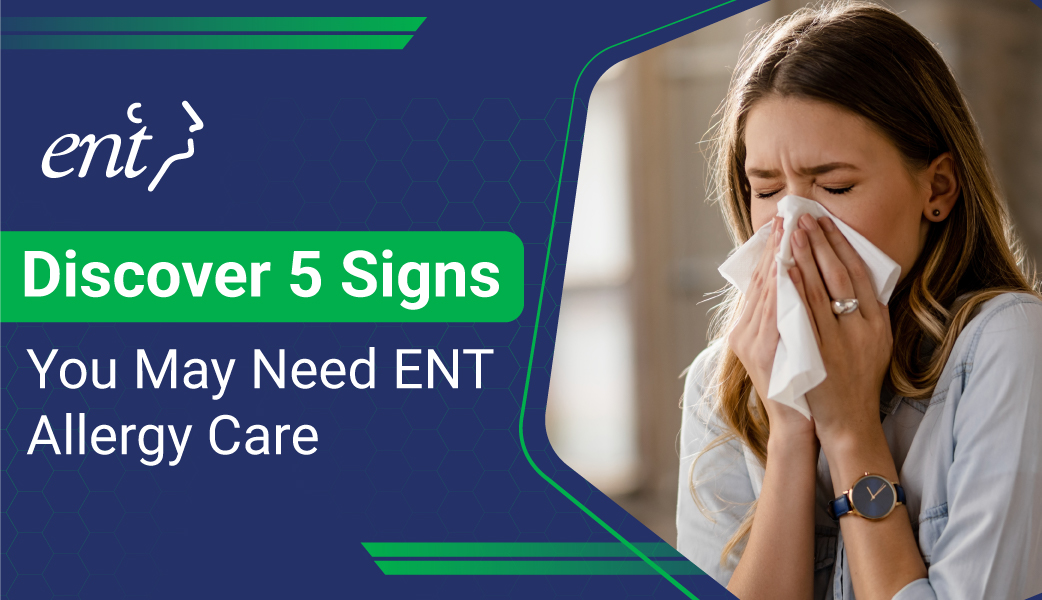
Allergy, Ear, Nose, & Throat
5 Signs Your Allergies Might Need ENT Support This Fall
If your allergy symptoms aren’t going away or seem to be getting worse, you’re not alone. Fall in Iowa brings its own mix of triggers like ragweed, mold, and indoor allergens that linger long after summer fades. While over-the-counter medications help some people, they aren’t always enough. That’s when an ENT allergy specialist can offer ...
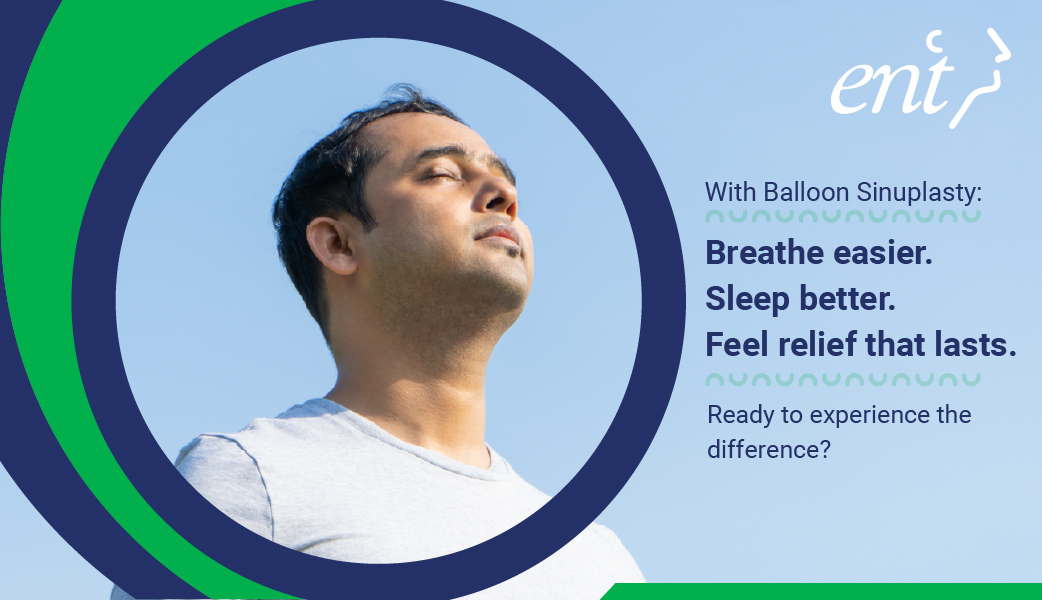
Sinus
Stuffy Nose That Won’t Quit? Try Balloon Sinuplasty
If you’re constantly dealing with sinus pressure, nasal congestion, or repeat infections, it’s easy to feel stuck in a cycle of temporary fixes. Maybe you’ve tried every nasal spray or antibiotic, only to have symptoms return. Balloon Sinuplasty offers a long-term, minimally invasive option for sinus relief, available here at ENT Medical Services. What Is ...
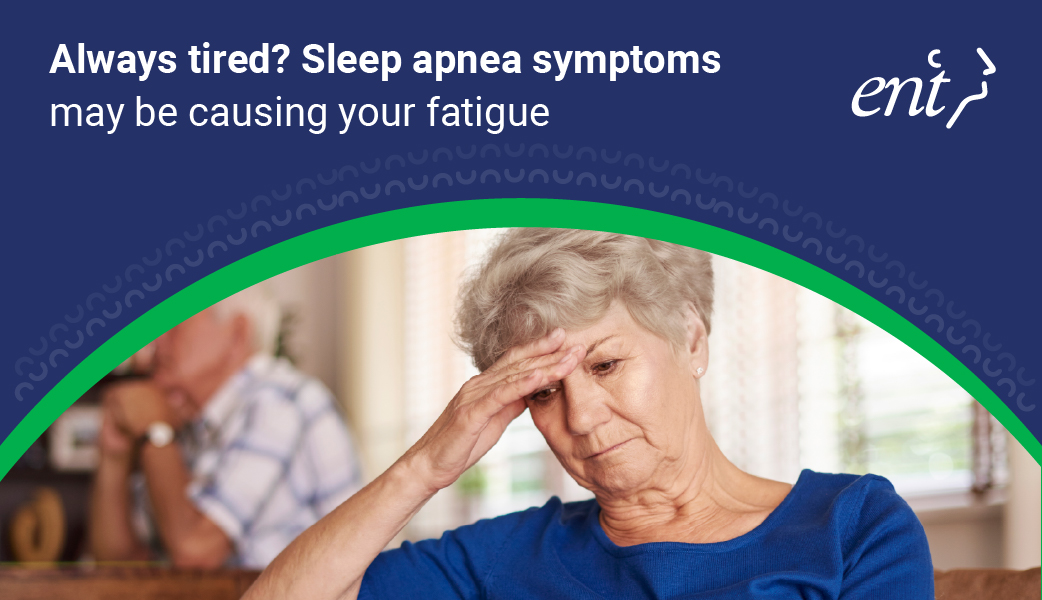
Sleep
Always Tired? Sleep Apnea Could Be to Blame
If you’re constantly asking yourself, “Why am I always tired?” even after a full night’s sleep, it might not just be a busy schedule or bad sleep habits. Chronic fatigue, morning headaches, and frequent grogginess can all point to an underlying condition called sleep apnea. Many people live with it for years without realizing that ...
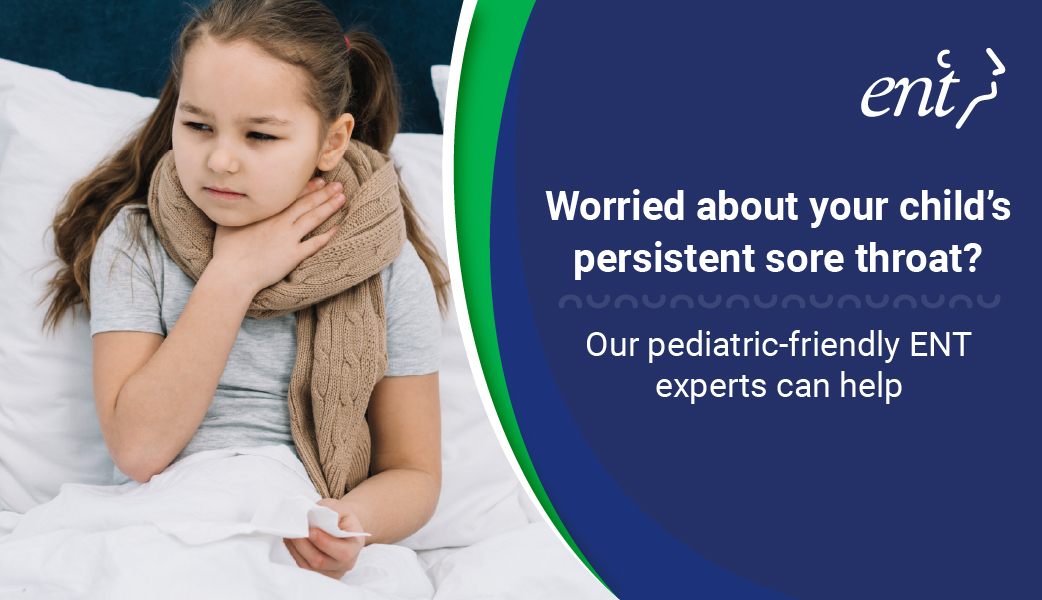
Ear, Nose, & Throat
When Sore Throats Won’t Heal: What Parents Should Know About ENT Care for Kids
It’s tough watching your child struggle with a sore throat, especially when it keeps coming back, lasts for weeks, or never fully goes away. You’ve likely tried rest, fluids, and maybe even a few rounds of antibiotics. But when nothing seems to work, it’s time to consider a different approach. If your child constantly complains ...
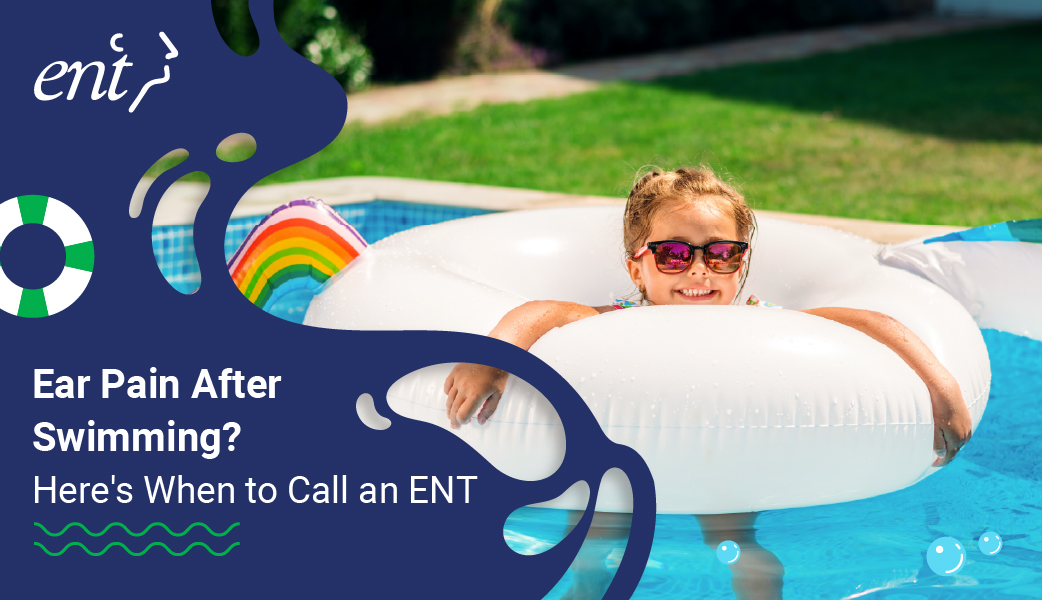
Ear, Nose, & Throat
Ear Pain After Swimming? Here's When to Call an ENT
When your child bounds out of the pool all smiles, only to start tugging at their ear an hour later, it’s hard to know what to do. Is it just water trapped in their ear? Is it something more? Should you wait it out, or call a doctor? You’re not alone. Ear pain after swimming ...